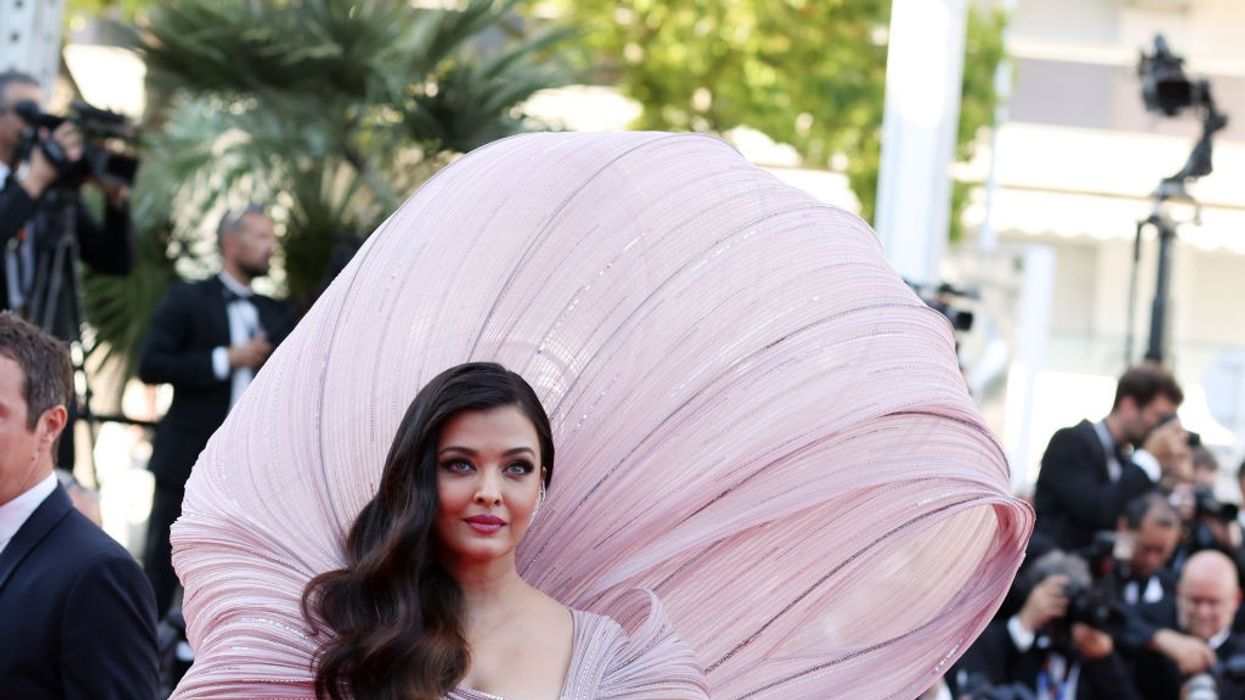It seems like actor Vikram is Aishwarya Rai Bachchan's huge admirer. The actor, who will be seen sharing screen space with Aishwarya in 'Ponniyin Selvan', recently spoke about how the actress has stolen many hearts with her beauty and work.
"She has stolen everyone's heart. Ash has always been symbolic of that picture of perfection we always look up to. I have seen her films, I have watched her. It was not just about beauty, but what she stood for in everything. She is always under a microscope. It's so difficult being her. She is constantly being watched. She always needs to be perfect, and let me tell you, she has done it in style," he said at an event in Delhi. Vikram has earlier worked with Aishwarya in films including 'Raavanan' and 'Raavan'.
He added, "I sense in her that confidence, that poise, that grace. Even today when you go to Chennai, or wherever in south India, there will be jewellery stores and saree stores with her picture. Finally, when I got to work with her, I saw the other side where there is a professional. Actually, I am lucky it's 3 films actually with her."
Talking about their chemistry in films, the actor said, "It's so nice working with her. Enjoying that chemistry... All our fans keep saying it's so nice to see you guys together, but the only thing is, I never get her in the movies."
Vikram confessed that he was lost after seeing Aishwarya's dance.
The 56-year-old actor said, "When she was doing a shot, I was holding a glass of wine I think. She is dancing and I was watching her, the shot was ready, suddenly I realised I need to do something. I actually, literally the only time I have forgotten myself in a shot. It's an honest confession."
In the film, Aishwarya will be seen in dual roles. She will play queen Nandini, the princess of Pazhuvoor, who is on a mission to seek vengeance, as well as Mandakini Devi in the historical drama.
On the other hand, Vikram will portray the role of Aditya Karikalan.
Apart from Aishwarya and Vikram, the film also stars an ensemble cast of south actors - Trisha Krishnan, Karthik Sivakumar and Jayam Ravi.
'Ponniyin Selvan-Part 1' is a cinematic adaptation of author Kalki Krishnamurthy's Tamil novel of the same name which was released in the form of a series during the 1950s. It marks the second collaboration of Aishwarya with south actor Vikram after their critically acclaimed film 'Raavan' in 2010.
The A.R Rahman musical is all set to hit the theatres on September 30, in Hindi, Tamil, Telugu, Malayalam, and Kannada. The big-budget period film will be released in multiple parts.
(ANI)




